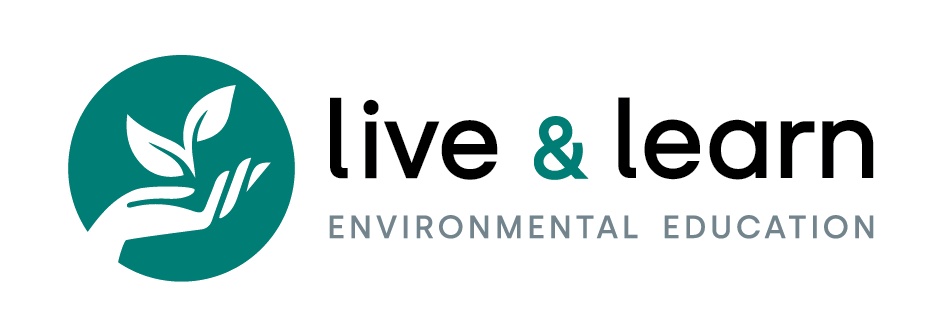Not far from the village of Naiqaqi there is an island the villagers use for foraging. When the tide is low, it can be reached by foot. Lairo, a type of land crab that is found seasonally throughout Fiji, live on this island; however, the people of Naiqaqi can find it all year round. In the village the people say this is because the lairo are produced when the kalou-vū, (ancestral spirit), named Reba, creates waste. So long as people respect the tabu against selling lairo, Reba will continue to provide this vital food source.
This story has been told for generations in Naiqaqi. But such knowledge and stories are now sometimes being lost as Naiqaqi undergoes significant changes.
Apolosi Tusoqo, the Turaga ni Yavusa (chief) at Naiqaqi, has seen many of these changes during his life.
“When we were younger, people respected each other because they observed their traditions and values,” the turaga ni yavusa said. “They were taught to protect and conserve the vanua (holistically, the land, people, and ancestors) – protect it with their culture.
“The traditional knowledge about the origin of the land crab and keeping that tabu is a tradition that was practiced by our ancestors. In these difficult times, the cultural upbringing of the younger generations has differed from that time.”

Apolosi Tusoqo, Turaga ni Yavusa of Naiqaqi, looks out to the island where the land crabs live
Their rich knowledge and traditional practices have protected the people of Naiqaqi for many years and given them extraordinary resilience to difficult conditions. These conditions are now often increasingly challenging. These include large shocks like the vulnerability of the village to natural disasters like storm surges, tropical cyclones and flooding, and also more subtle changes such as fish being more difficult to find, or changes in crop yields and harvest times.
“There are a lot of hardships that we are facing brought about by climate change,” Mr Tusoqo says.
“When we were younger, the way of life was better. There was less damage and degradation, resources are now not sustainably used, and, nowadays, we are seeing the impacts of climate change causing problems like flooding.”
The lairo is not immune from these impacts.
“They might be threatened by climate change, as it is not in abundance compared to before,” Mr Tusoqo says. “With the increasing effects of climate change, I do think that in the near future, the land crab could completely disappear.”
Rosi Drodrolagi is a younger member of the Naiqaqi community. She says that there are proper ways that traditional knowledge is passed along.
“It’s through structural channels,” she says. “It is, first of all, maintained in the household. But in order to maintain it, we have to do it, we have to practice and continue to use it.
“We have to bring back what the community was like before and what the village is like now… and maintain our traditional knowledge and culture. These are the things we have to maintain.”

Such traditional knowledge of ecosystems and community management is crucial in helping people navigate through times that are changing at the scale currently being seen in places like Naiqaqi. Younger people, like Ms Drodrolagi, are eager to learn more about it, so they can maintain the Naiqaqi they know.
This is traditionally maintained through the structural channels of intergenerational knowledge sharing, as mentioned by Ms Drodrolagi, which is also an emphasis of the Climate Resilient Islands (CRI) programme. This involves working with the village to learn about what Indigenous and traditional knowledge still exists. Through interviews, workshops and games, traditional stories – such as the tradition of the land crab – are shared and documented.
Through maintaining this Indigenous knowledge, rooted in traditions, Mr Tusoqo, the Turaga ni Yavusa, also has hope that his village’s culture can continue – and that the lairo will remain on the nearby island for generations to come.
“It would be best if cultural knowledge and traditions were revived and passed down so that Naiqaqi can remain rich with its culture,” he says.
“I do think we can help sustain and protect the crabs for our future generations.”
Live & Learn thanks Apolosi Tusoqo, Turaga ni Yavusa (village chief) of Naiqaqi, and Rosi Drodrolagi, a youth representative, for their support and contribution to the CRI programme and to this narrative. We greatly appreciate your time and input. Vinaka vakalevu.
The Climate Resilient Islands Programme is funded by the New Zealand Ministry of Foreign Affairs & Trade and implemented by Live & Learn Environmental Education.

